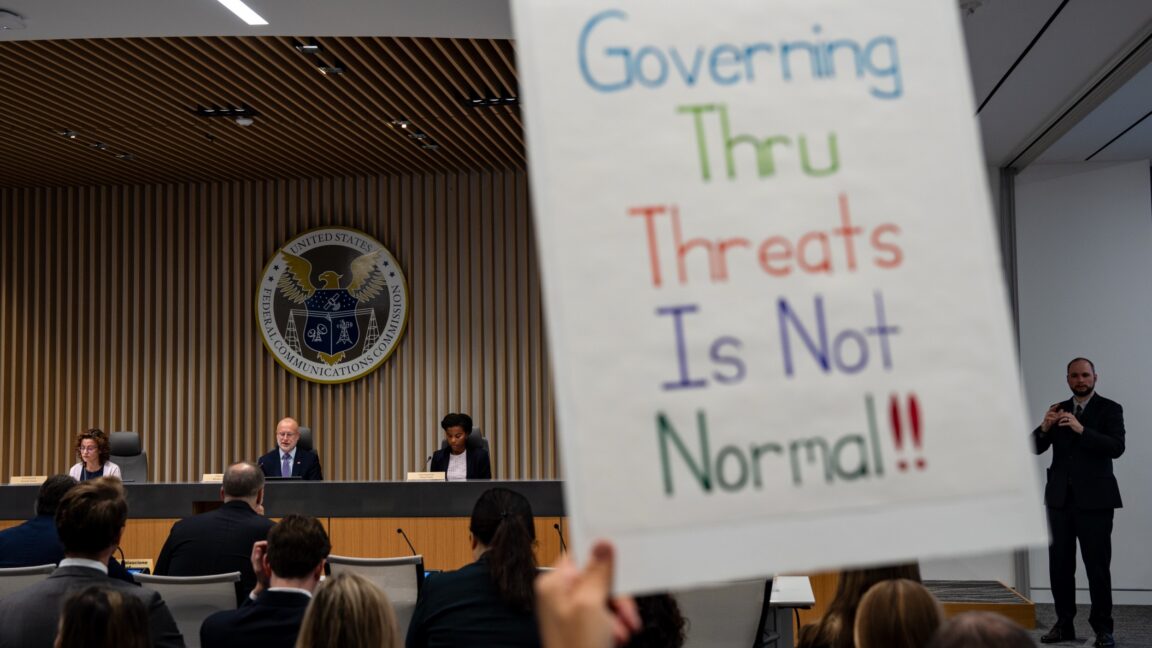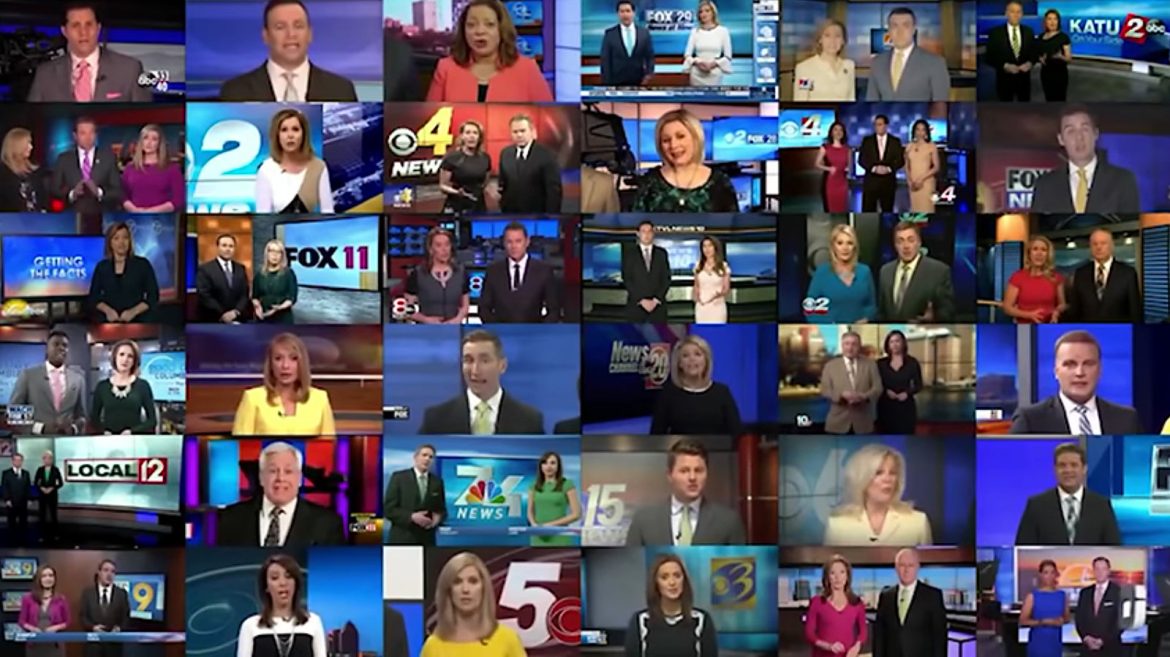

Anna Gomez, the sole Democrat on the commission dominated by Republicans, condemned Carr’s battle against ABC during her remarks at the FCC meeting today. She stated that Carr’s FCC “took advantage of a late-night comedian’s remarks as a justification to penalize speech it found unfavorable” in “a clear act of government intimidation.”
Gomez remarked that “corporate giants owning extensive portions of local channels throughout the nation” continued to prevent Kimmel from airing for several days after the show’s comeback “because these billion-dollar media conglomerates have interests with the FCC. They will require regulatory approval for their deals and are striving to lessen regulatory constraints to expand even further.”
Local broadcasters are “caught in the middle as these enormous corporations impose their will and values on local communities,” Gomez added. “This specific instance clearly illustrates the risk of permitting extensive and unrestricted media consolidation. This could significantly change the media landscape and the diversity of voices within it.”
National ownership limit
Although Gomez did not oppose today’s measure, she noted that the NPRM “is mandated by law” and that she endorses “seeking feedback on these crucial issues.” However, she expressed concern regarding consolidation restricting the diversity of news and perspectives on local TV channels.
In 2004, Congress established the national ownership cap at 39 percent and excluded it from the FCC’s required quadrennial review of media ownership regulations. There is ongoing debate about whether the FCC possesses the authority to remove the national limit, and Gomez contended that “in light of the previous Congressional decision, I believe only Congress can increase the cap.”
According to Gomez, the FCC’s “regulatory framework largely hinges on balancing power between national networks with motives to serve national interests and local broadcasters motivated to cater to their local communities.” She warned that this balance could be disrupted if a single entity owned enough broadcast stations to reach the majority of households in the US.
“Over the past two weeks, the public has expressed significant concerns that large station groups made programming choices to benefit their national corporate interests rather than their licensed communities,” Gomez said. “What are the consequences of allowing them to expand further?”

